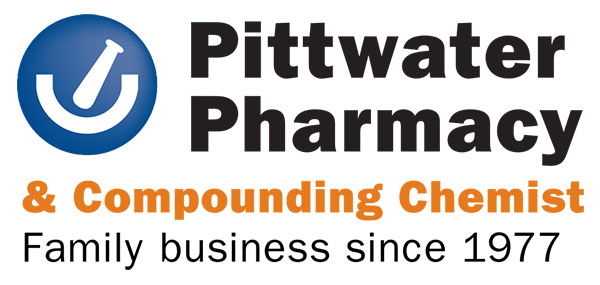Heart Health
What you eat, how much you move, whether you smoke, and controlling your
cholesterol and blood pressure can have a big impact on your heart.
Heart healthy diet
This doesn’t focus on one type of food or nutrient, but rather on what you eat
over days, weeks and months.
This style of eating is naturally low in saturated and trans fats, salt and added
sugar.It’s rich in wholegrains, fibre, antioxidants and unsaturated fats. It includes a
diet full of a variety of fruit and vegetables.
The best fats to include in your diet are monounsaturated and polyunsaturated
(omega-3 and omega-6) fats. You can find these in avocados, nuts, fish and
sunflower seeds.
Being more active
Doing regular physical activity reduces your risk of having a heart attack or
developing heart disease. This helps control common risk factors, including:
● High blood pressure,
● High cholesterol, and
● Being overweight.
Regular physical activity can also help strengthen your bones and muscles. It
can help you feel more energetic, happier and relaxed.
Working your way up to 30-60 minutes of moderate-intensity physical activity
(such as brisk walking) on most days of the week is recommended.
Adults who sit less throughout the day have a lower risk of early death,
particularly from heart disease.
Be smoke-free
When you quit smoking, your risk of heart attack and stroke decreases almost
straight away.
Smoking damages the blood vessels leading to your heart, brain and other
parts of your body. This makes you four times more likely to die of heart attack
or stroke and three times more likely to die from sudden cardiac death.
Cholesterol levels
Cholesterol is a fatty substance that moves around your body in the blood.
Your body produces cholesterol naturally, and it is also found in some foods.
Cholesterol is essential for the normal functioning of your body.
Bad cholesterol can stick to the walls of your arteries, causing a build-up of
cholesterol, known as plaques. This build-up can create blockages in your
arteries and contribute to increasing your risk of a heart attack or stroke.
Eating too much saturated and trans fat can elevate blood cholesterol levels.
Saturated and trans fats can be found in foods like pizza, cakes, biscuits,
pastries and deep-fried foods.
Choose a diet with a wide variety of fresh fruit and vegetables and a variety of
healthy protein sources including fish and seafood, lean meat, poultry,
legumes, nuts and seeds.
Blood pressure
Blood pressure is the pressure of your blood on the walls of your arteries as
your heart pumps it around your body.
As you get older, the chances of having ongoing high blood pressure
increases.
Being regularly active helps to control high blood pressure and reduces your
chances of having a heart attack or developing heart disease.
Eating a diet high in salt can lead to higher blood pressure. Having more than
5 grams of salt (a teaspoon) each day increases your risk of heart disease
and stroke.
Some additional nutrients to promote heart health include:
1. Antioxidants – Help protect against heart damage (Ubiquinol, alpha-
lipoic acid, tocotrienol vitamin E complex, carotenoids, flavonoids,
zinc, selenium and vitamins C and A)
2. Fish oil – Omega-3 fatty acids decrease inflammation, help thin the
blood, and help oxygen travel throughout the body
3. Ginkgo biloba and ginger – Dilates blood vessels and helps control
platelet stickiness.
4. Bergamot – helps maintain healthy cholesterol levels
5. Magnesium – Has a protective role in heart health.
You can’t feel symptoms such as high cholesterol or blood pressure. See
your doctor for a Heart Health Check to learn how to manage your risk factors
and improve your heart health.
